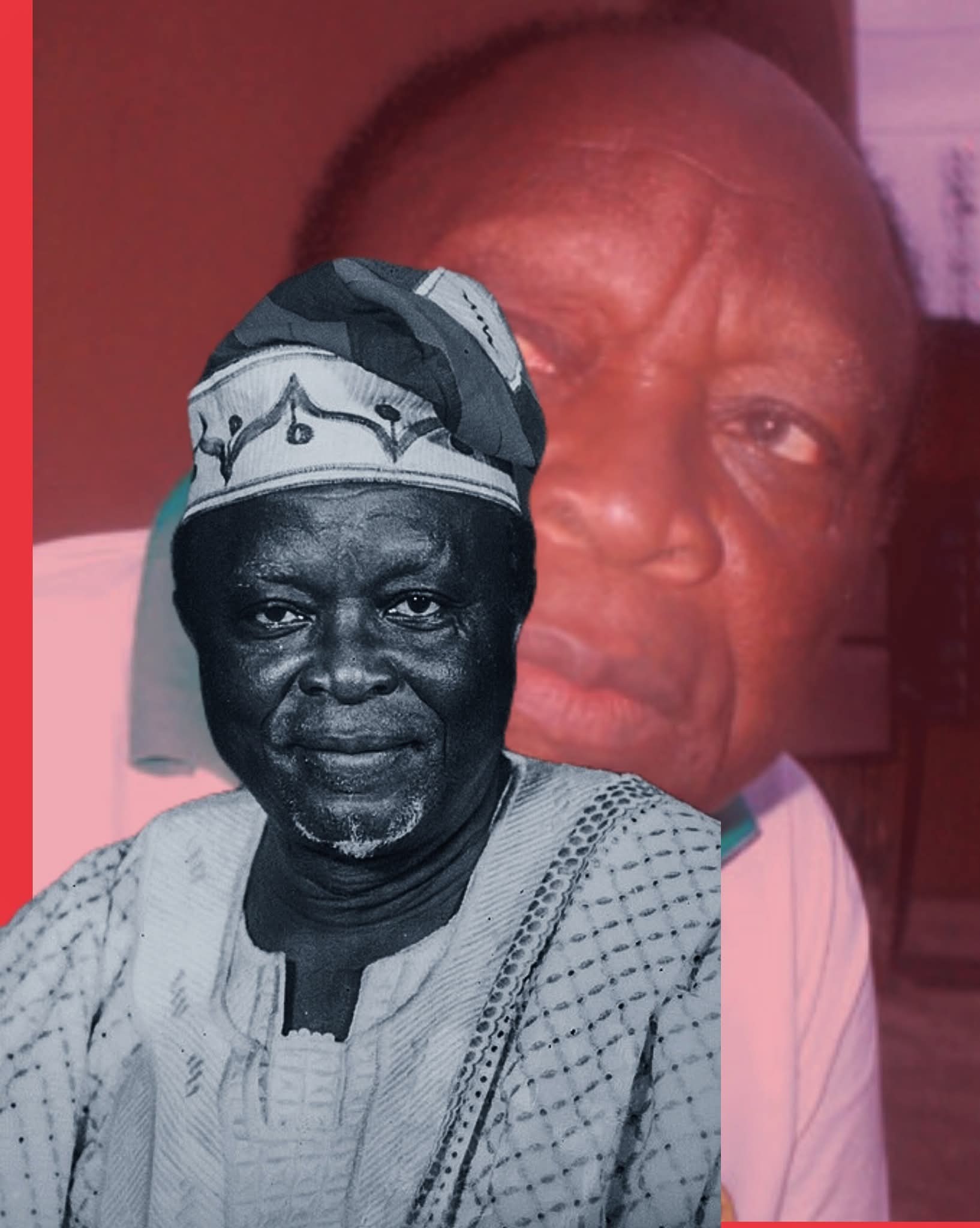Femi Robinson remains one of the most celebrated figures in Nigeria’s entertainment history. Known for his powerful performances on stage and screen, he left an indelible mark on Nigerian theatre, television, and broadcasting. His contributions continue to resonate decades after his passing.
Early Life and Education
Femi Robinson was born on September 27, 1940, in Bodo village near Abeokuta, Ogun State. From a young age, he displayed an interest in performance and storytelling. His passion for the arts led him into acting at a time when Nigerian theatre and television were beginning to take shape as important cultural forces.
The Village Headmaster
Robinson rose to national fame through his role as the titular character in “The Village Headmaster,” Nigeria’s longest-running television soap opera. The series aired on the Nigerian Television Authority (NTA) from 1968 to 1988, captivating audiences for two decades.
In his portrayal of the headmaster, Robinson became a household name, embodying values of wisdom, authority, and community leadership. For many Nigerians, his character was not just entertainment but also a reflection of the values and struggles of everyday life. The role cemented him as a pioneer of Nigerian television drama.
Theatre and Literary Achievements
Robinson also played a landmark role in Nigerian theatre. In 1968, he starred as Odewale in Ola Rotimi’s classic play, The Gods Are Not to Blame—an adaptation of Sophocles’ Oedipus Rex. His performance was widely praised for its depth and emotional power, marking him as one of the finest actors of his generation.
This dual success in both television and stage set Robinson apart as a versatile actor, bridging traditional theatre with the emerging world of Nigerian broadcast media.
Contributions to Broadcasting
Beyond acting, Robinson was also a pioneer in television programming. He served as the pioneer director of programs at Ogun State Television (OGTV), where he helped shape the direction of the station and mentored younger media professionals. His involvement in broadcast administration highlighted his commitment not only to acting but also to the development of Nigeria’s media landscape.
Later Years and Passing
Femi Robinson continued to remain active in public life and media until his later years. His career spanned decades of Nigerian entertainment history, from the early post-independence years of television to the modern era.
He passed away on May 20, 2015, at the age of 74. His death marked the end of an era, but his legacy as a cultural pioneer lives on.
Legacy
Femi Robinson is remembered not only as the “Village Headmaster” but also as a trailblazer who helped lay the foundation for modern Nigerian television and theatre. His impact as an actor, broadcaster, and cultural figure remains woven into the nation’s cultural memory.
Even today, reruns of The Village Headmaster and productions of The Gods Are Not to Blame recall his brilliance, reminding Nigerians of a man whose artistry defined a generation.
FOLLOW US ON:
FACEBOOK
TWITTER
PINTEREST
TIKTOK
YOUTUBE
LINKEDIN
TUMBLR
INSTAGRAM































